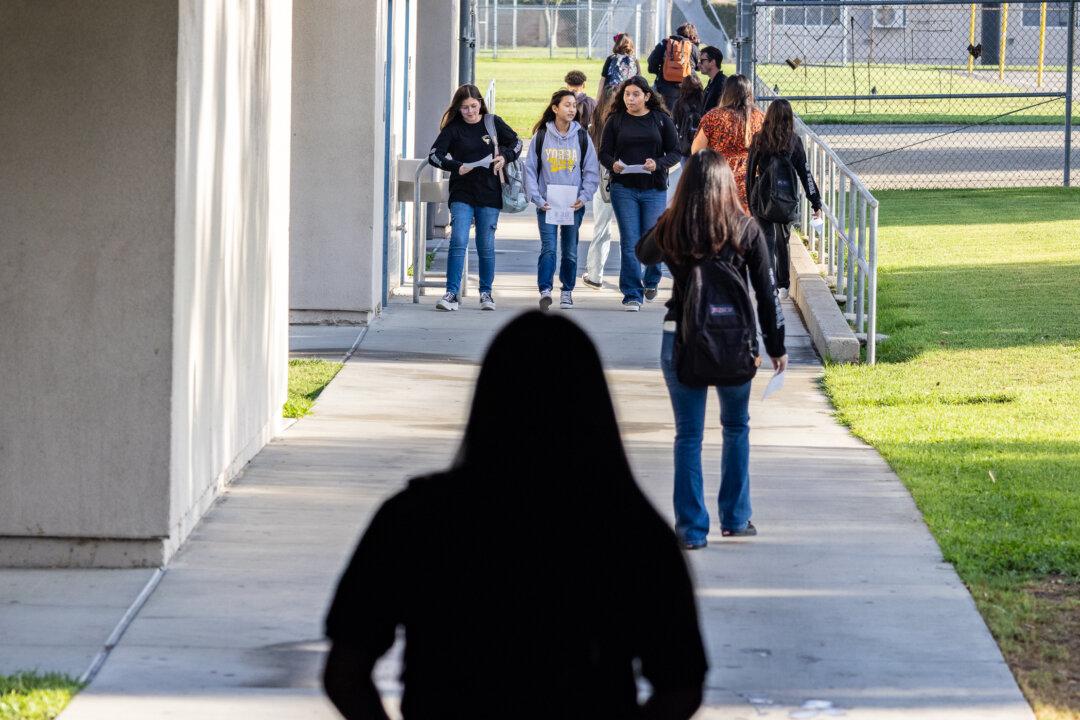California Gov. Gavin Newsom last week signed into law a bill that will ban body shaming for students in elementary through high school grades.
The governor Oct. 13 approved Assembly Bill 10, which now directs the state Education Department to develop a policy against “body shaming,” defined as “the action or practice of mocking or stigmatizing a person by making critical comments or observations about the shape, size, or appearance of the person’s body.”





